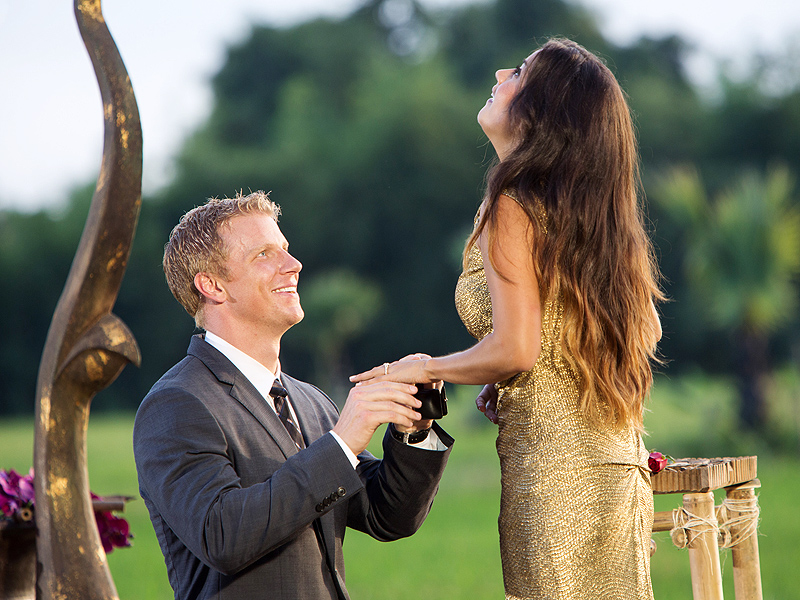
My friends know me to be an outspoken super-fan of the Bachelor franchise. I’ve been told that it’s worth watching the weekly episodes just to understand my Twitter diatribes, and upon my return to campus last week my roommate asked me how Bachelor in Paradise was developing this season “because I know that’s a really big deal for you.”
If asked to declare why I devote two hours every week to watching a reality show that Barbara Walters dubbed a “degradation” to women instead of doing responsible, productive things like homework or job applications, my first inclination would probably be to explain that it’s a necessary escape from the draining realities of college.
Upon further thought, my second inclination would be to explain that perhaps The Bachelor can teach us a little about ourselves. Indeed, somewhere within the haze of fake tans, floral insanity, expensive foreign vacations, and enough brightly colored formal dresses to give my high school prom a run for its money, there may be something substantive that we as a society can take away from The Bachelor – if we watch carefully.
The Chicago Reader referred to the show back in 2013 as a “microcosm of modern anxiety,” and being that the show features contestants overanalyzing every possible angle of their burgeoning ‘relationships,’ I can only agree. Interestingly enough however, The Bachelor completely tosses out a prime source of dating-anxiety in our culture: social media.
Take a moment and imagine what dating would look like for our generation without social media. We rely on Snapchats, Twitter favorites, Facebook likes, and even Tinder matches to convey messages that we cannot or choose not to conduct in person. Indeed, our sad excuse for a ‘dating’ culture relies so heavily on the infinite variables that come along with social media that I’m fairly certain we’d be at a loss if asked to carry on without our diverse array of social networking accounts.
Think I’m being dramatic? Consider how the entire concept of “Facebook official” has altered the manner in which we define our relationships. Similarly, recall the collective outrage (or relief) when Snapchat decided to nix the public ‘best friends’ function on the app. We all have friends who’ve asked us to help them psychoanalyze every follow, like, favorite, snap, and DM – all purporting to contain some underlying message. When interviewing friends for their input on this piece, one of them suggested that I just make a listicle of crazy things we use social media for with regards to dating, but I’m convinced it would transcend my word limit.
So much of our ‘dating’ interactions take place over various social networks that it makes one wonder if we can even call it dating anymore. Perhaps the producers of The Bachelor removed social media from the picture out of practicality; after all, watching the show would be pointless if we could perceive the entire plot line from tweets during taping. That being said, it seems sad that a more realistic Bachelor episode might feature extended scenes of women Facebook stalking high school homecoming photos, taking selfie after selfie, or catching up on every tweet the object of their affection favorited on Twitter that day.
Because that’s not exciting. And it’s also not dating. We’ve forsaken genuine, sometimes difficult discussions in favor of hiding behind technology, and we’ve convinced ourselves that despite this fact we still have a shot at the same kind of meaningful, fulfilling relationships that we read about in books or observe in our parents’ generation.
We deserve better, but we won’t get better until we occasionally ditch our computers and smart phones and make a conscious effort to secure authentic, purposeful relationships. It might be easier said than done, but aren’t we worth it?
